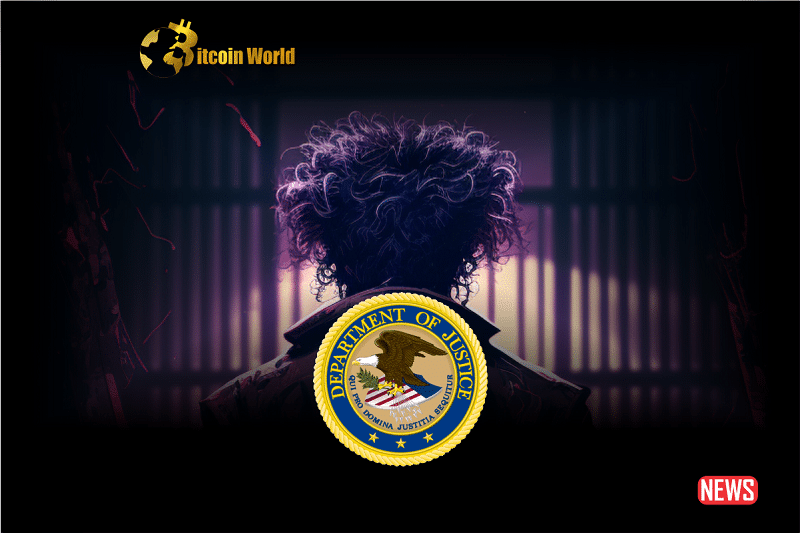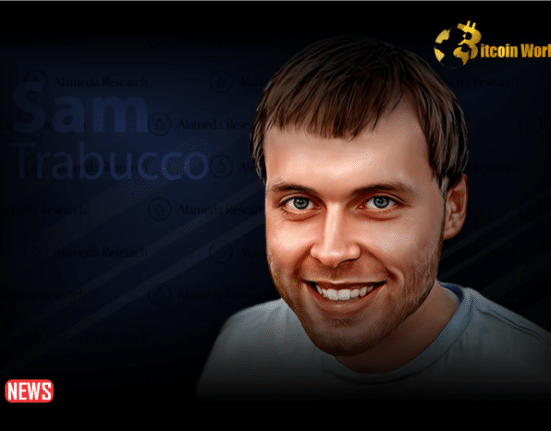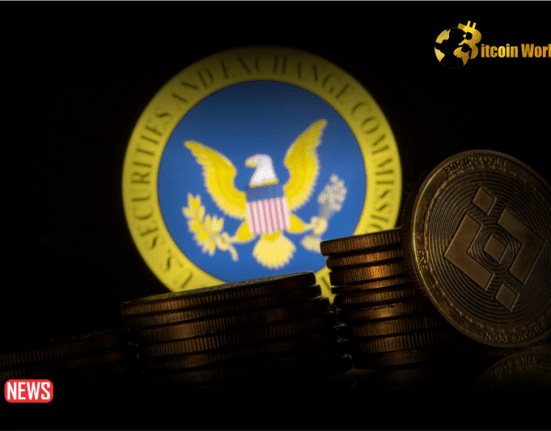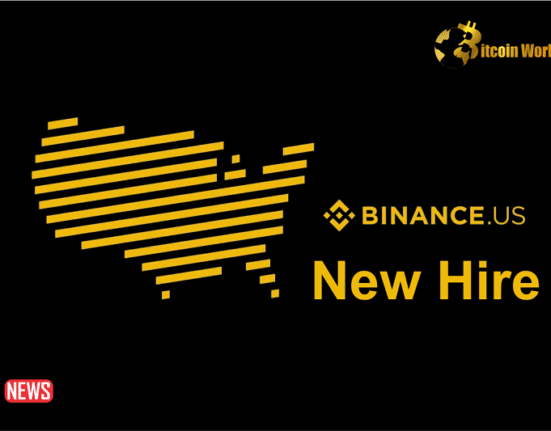In the ongoing legal battle surrounding FTX founder Sam Bankman-Fried, the U.S. Department of Justice (DOJ) faces allegations of obstructing a fair trial, as defence attorneys vehemently oppose prosecutors’ efforts to disqualify proposed expert witnesses. This recent development has added another layer of complexity to a case that has captured the attention of the cryptocurrency community and legal experts alike.
Last month, prosecutors sought to bar all seven of Bankman-Fried’s proposed expert third-party witnesses, citing concerns about their relevance and applicability to the trial at hand. However, the defence has launched a counterattack, arguing that the DOJ’s objections lack substance.
In their latest filing, the defence articulated their concerns, accusing the DOJ of overreaching when it comes to adhering to evidence rules and pretrial motions. The defence emphasized that the DOJ’s actions appear designed to undermine Bankman-Fried’s fundamental right to present a defence and introduce evidence that may challenge the government’s theories.
Among the proposed expert witnesses are individuals like consultant Thomas Bishop and data analytics specialist Brian Kim, who could offer rebuttals to DOJ testimonies if they become pertinent to the government’s case. Additionally, Capital University Law School Professor Bradley Smith, a former Federal Election Commissioner, could provide valuable context on the customary practices of political contributions.
Furthermore, another expert witness aims to elucidate FTX’s terms of service, ensuring that the jury comprehends the intricacies of the platform. Joseph Pimbley, a consultant, stands ready to clarify FTX’s software functionality. The defence raised doubts about the credibility of the DOJ’s intended witnesses, Gary Wang and Nishad Singh, who are former FTX executives cooperating with the prosecution.
In response, prosecutors contested the defence’s attempt to disqualify University of Notre Dame Professor Peter Easton, asserting that the defence had mischaracterized Easton’s anticipated testimony. The DOJ clarified that Easton’s contributions would be descriptive rather than prescriptive, focusing on the nature of customer fiat deposits rather than making judgments about their propriety.
Easton’s testimony, the DOJ contended, would rely on rigorous financial accounting methods and reliable methodologies, including the tracing of funds between bank accounts. These distinctions sought to dispel concerns about the relevance of Easton’s expertise.
As the legal proceedings unfold, it remains to be seen whether the court will permit these expert witnesses to participate in the trial. The defence’s assertions of prosecutorial overreach and the DOJ’s counterarguments have created an atmosphere of heightened anticipation surrounding the case. It is evident that both sides are prepared for a protracted legal battle, with the right to present a robust defence hanging in the balance.














